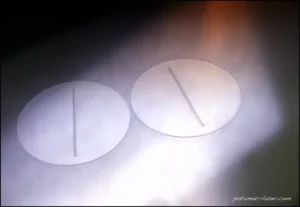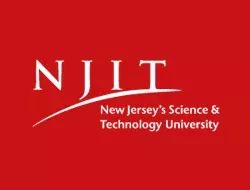
Microfluidics is a fast-moving field on many levels, and we’re seeing new, innovative techniques being developed to fabricate devices that will impact chemical analysis, personalized medicine and pharmaceuticals. Dr. Sagnik Basuray’s group in the Department of Chemical, Biological and Pharmaceutical Engineering at the New Jersey Institute of Technology is working to expand how we think about microfluidics fabrication in order to quickly bring advanced devices to market.
Neither Lab-On-A-Chip nor Organ-On-A-Chip are new concepts, but Dr. Basuray expects his work will increase detection speeds, improve detection limits, and lead to continuous manufacturing processes. He explains: “for example, pharmaceuticals can be very harmful if they get into the water supply, but the concentrations are so low they are almost impossible to detect with current methods. By integrating Lab-On-A-Chip with multiple spectroscopy techniques, such as Raman, we are able to analyze tiny samples with a much higher detection rate.”
Dr. Basuray’s research also exploits thin film chemistry to more efficiently develop therapeutic molecules for personalized medicine. He says that “since the dosage is specific to each patient and cannot be used for anyone else, we only need to manufacture minute quantities of the drug. Consequently, we’ve had to work toward a continuous manufacturing process. Our novel approach involves completing the microfluidic device after depositing a thin film of cells so we need to create the initial structure using a thin tape (pressure sensitive adhesive) on a substrate. Potomac was able to easily create our channels, moving forward our research.”
Creating a narrow microfluidic channel that was 22mm in length while maintaining tight tolerances on the channel width of 97 microns and height of 85 microns was a challenge that Potomac could readily meet. Laser micromachining is an excellent choice for meeting high precision requirements and Potomac has developed processes that exceed standard results. Potomac President and CEO Mike Adelstein reiterates: “At Potomac, we’re continually pushing the envelope through process innovation. We were thrilled to work collaboratively with Dr. Basuray in order to help him develop transformative and disruptive new technologies that have the potential to radically change how we analyze and treat medical conditions.”


